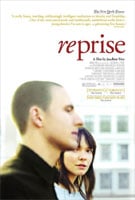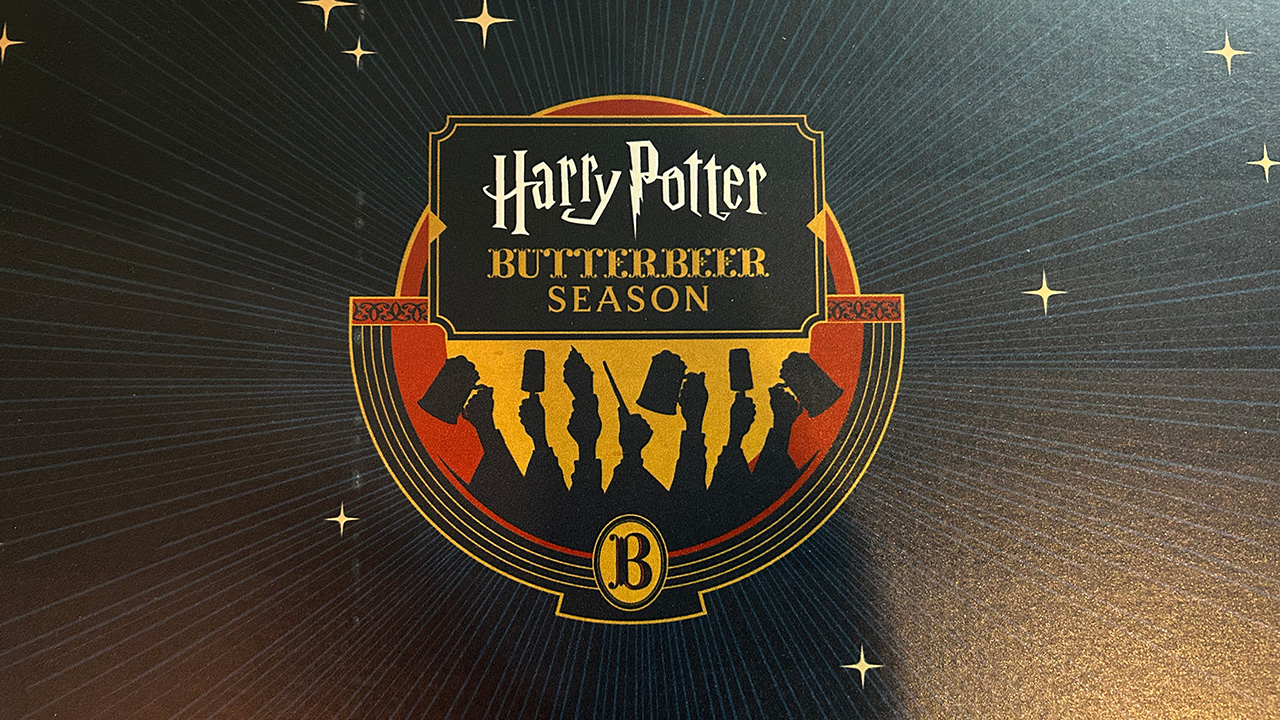Joachim Trier’s Reprise is a poetic and languid film about the relationship between two young men, emphasis on the young. It’s a buddy film in the basest sense, stripped of any dishonest cinematic conceits; it’s more Jules et Jim than Bill and Ted. The subject matter is heavy (mental illness, obsession, love), but in no way is the film a drag. It’s actually the opposite: Like the French New Wave Films Trier pays homage to, Reprise manages to be both somber and invigorating at the same time, culturally specific and universally resonant. Ultimately Reprise is not just about the youthful anomie that is present in Oslo, where the film takes place, but the generational anomie that defines all youths, everywhere.
The story revolves around two childhood friends, Erik (Espen Klouman-Hoiner) and Phillip (Anders Danielsen Lie). Both are writers and harbor dreams of becoming cult authors like their underappreciated literary hero Sten Egil Dahl (Sigmund Sæverud). When the film begins they are standing at the mailbox, holding their manuscripts in their hands and turning over in their minds what the future will hold if they are accepted. They’ve already got a good idea of what they would like to happen, which we only know because an unseen narrator (Eindride Eidsvoll) explicates their hopes in a wry, knowing tone. As he quickly tells us, only Erik’s manuscript was accepted and things don’t play out as the boys had initially planned.
What does play out is unclear, and I mean that as a compliment. Reprise is not concerned with narrative in the traditional sense nor is it concerned with appearing temporally linear. In Reprise time is fluid. Scenes meander, disappear and reappear, like thoughts rising up randomly through the murky pool of memory. Sometimes the film jumps forward, showing us what will transpire before it does. Other times dialogue drifts through a scene unrelated to the action. It is only after scenes play out that we realize that they are not the literal; they are ideas, hopes, wishes – the little plays we put on in our heads for no one else but ourselves put on screen.
It is the correct approach, I think, for it catches the malleable essence of youth and allows the audience to better integrate into the minds of the protagonists. Never allowed to simply be fixed in the space where they are, Erik and Phillip can only look forward with hope or look back with scorn. There is no present for them and the broken quality of the narrative reflects that. The actors in the film are non-professional and bring an unstudied naturalness to their performances emphasizing the wistful quality of Reprise.
Here is what we do know: Phillip meets and falls in love with Kari (Viktoria Winge), a lovely punk rock girl who shares his musical tastes (they both hate the Clash). Though he loves her, his affection teeters over into obsession and he ends up in a hospital. Happily Kari is no 2-D “she drove him to it” girly girlfriend type. Like the boys, Kari is adrift in Oslo. She bounces from school to sales and back again. She loves Phillip but hates what he has done to himself and hates herself for whatever part she may have played in his degeneration. Erik continues to plug away at his rejected novel, gallantly refusing to change the title when a publisher calls it too wordy. The rest of their time is filled out with punk rock shows and cigarettes and hanging out with their friends on the beaches and dreaming of Paris, the magical city where a writer can catapult himself into infamy.
Though Paris is the setting of one of the most heartbreaking passages to be found in the film, the city itself is just a stand in, a cut out of itself. It’s neither fantastic nor magical; it’s just Somewhere Else, Something Other than Oslo. The reverie of escape – through books, through travel, through music – drives Erik and Phillip and yet holds them captive at the same time. They cannot escape who they are; they cannot abandon where they came from. In its vague, dreamy way, Reprise explores this contradiction to its natural finish, which means that the film does not really end. It simply stops, like a diary left abandoned in a dresser drawer or a life half finished.
It may seem unlikely, but punk rock is a major force in Reprise. Director Trier himself was a punk rocker who loved band Turbonegro for singing in Norwegian – a cultural claim on a global phenomenon. Likewise Reprise is told completely Norwegian, the cadence of the language both familiar and foreign to English attuned ears. The sound design adds nuance to the dialogue, dropping in and out range – the stony silences shared by Erik and Phillip can be broken by the screeching of a car, the trashing of a punk tune, the tremulous notes of a Joy Division song.
Reprise is a film that will not offer up all its layers on a first viewing but do not be put off by the opaqueness of the narrative. This is not a difficult film to understand because it is not just a Norwegian film; a buddy film; a temporally challenged youthful romp. The language of the film is one that everyone can share, like a secret.











